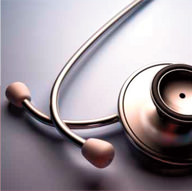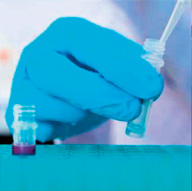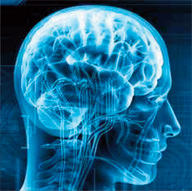Developmental disorder diseases: a public health challenge
Genetic diseases currently affect over 3 million persons in France currently suffer from genetic diseases, very many of these involving developmental disorders. Three percent of these disorders are birth-related, including deformities associated or otherwise with learning disorders, and are predominantly secondary to genetic or chromosomal abnormalities. To date, more than 3000 diseases included among the range of embryonic developmental disorders of genetic origin have been identified and dozens more are documented each year. As these are not familiar to the healthcare sector, they pose amajor public health problem owing to severe chronic complications, disability and in some cases, their life-threatening nature. A multifaceted etiological study of these deficiencies calls for multidisciplinary care that extends beyond the scope of Medical Genetics.

The distinguishing characteristics of these rare diseases include :
- A physical developmental disorder requiring the expertise of dysmorphologists
- A neurological and cognitive developmental disorder requiring customised treatment
- Frequent involvement of multiple conditions that must be researched in order to reduce morbidity and mortality
- Very diverse diagnostic methods that are constantly evolving, and which require optimisation
- Even less commonly used, but emerging therapies, requiring therapeutic trials
The fight against development disorder diseases: a research challenge
While tremendous progress has been made over the last two decades, there are still very few diagnostic and therapeutic options. The exponential advances derived from recent technological innovations give us a glimpse into the veritable revolution that is underway in diagnosis, research and patient treatment, provided all the vital complimentary skills sets are integrated into the healthcare sector. With FHU-TRANSLAD, the coordinating team, formed out of successful or fledgling clinical and biological collaborations, addresses these new issues by bringing together partners with recognised complementary skills to join forces, in collaboration with patients’ associations, against the challenge posed by rare diseases.





